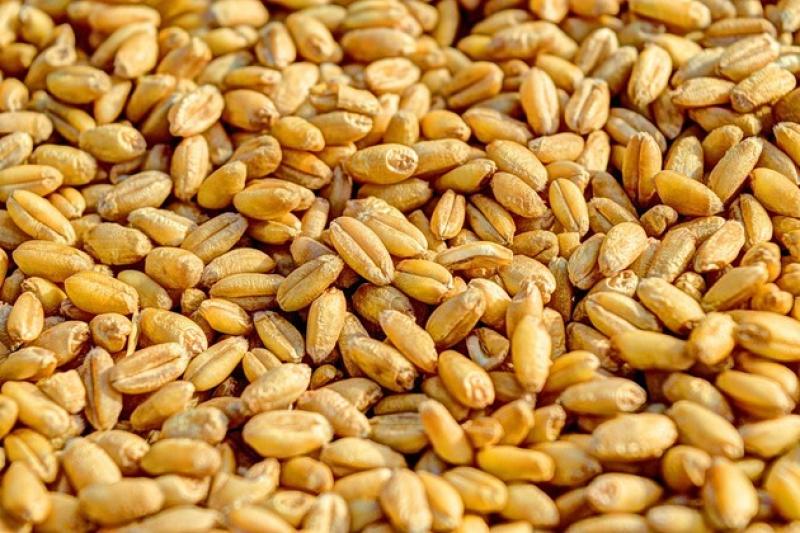Mass export of “black grain”: Ukraine loses millions through shadow export schemes
23 July 10:56
Illegal exports of agricultural products, including grain, are flourishing in Ukraine. The so-called “black grain” is exported abroad without paying taxes and without returning foreign exchange earnings. This was reported by the chairman of the parliamentary committee on finance, tax and customs policy, Danylo Hetmantsev, according to "Komersant Ukrainian"
What is “black grain”?
This is grain that is illegally purchased from producers for cash without any documentation. It is then exported abroad through complex chains of fictitious legal entities and eventually sold on world markets, particularly in Africa and Latin America.
Such exports are not accompanied by VAT, payroll taxes, customs duties, and do not generate revenues for the state budget. In addition, no foreign currency earnings are returned to Ukraine.
The essence of the scheme
According to Danylo Hetmantsev, the chairman of the committee, two parallel systems operate simultaneously in the agricultural sector:
- “White” companies that buy grain with documents, officially export it and receive a VAT refund;
- “Black” companies that work for cash, do not pay taxes, and export products abroad through fictitious companies.
Such schemes include a number of legal entities that formalize fictitious transactions to complicate inspections. Grain from Ukraine is officially registered to an exporting company, often registered to front companies. The goods are then resold several times during transportation – for example, by sea – which allows them to “launder” their origin. Finally, it is sold on world markets as a fully legal product.
What the state loses
As a result of such manipulations, the state
- does not receive taxes;
- does not see foreign exchange earnings;
- loses control over real exports;
- weakens the balance of payments due to the outflow of products without an equivalent return of currency.
In addition, companies operating officially lose their competitiveness because they cannot compete with the prices offered by illegal players.
Atypical exports are a new challenge
Another mechanism is the so-called “atypical export”. In this case, goods are exported outside the country by companies that have nothing to do with the agricultural sector. For example, an IT company may register the export of grain as a “mixture” or “waste” that is not subject to standard tax and customs valuation. This significantly underestimates the customs value of the product.
Where does “black grain” come from?
According to Hetmantsev, the main sources of illegal grain are:
- State land – which is not leased but is actually cultivated “in the shadows”;
- Private peasant farms – owners of small plots who are not registered as farmers, but sell their products for cash.
Such owners, according to the official, “harm themselves” because they deprive themselves of the opportunity to receive government subsidies and support.
Who should respond?
Mr. Hetmantsev emphasized that the key to combating illegal grain exports lies in the hands of the customs service and law enforcement agencies.
“Counteracting such operations is the responsibility of law enforcement agencies. The tax authorities do not see these operations. It is customs officers and law enforcement officers who must ensure that such criminal schemes are stopped,” said the committee chairman.
The problem of “black grain” is systemic and causes significant financial losses for Ukraine in times of war and economic instability. This issue can only be resolved through close cooperation between regulatory authorities and the introduction of transparent rules of the game in the agricultural market.









